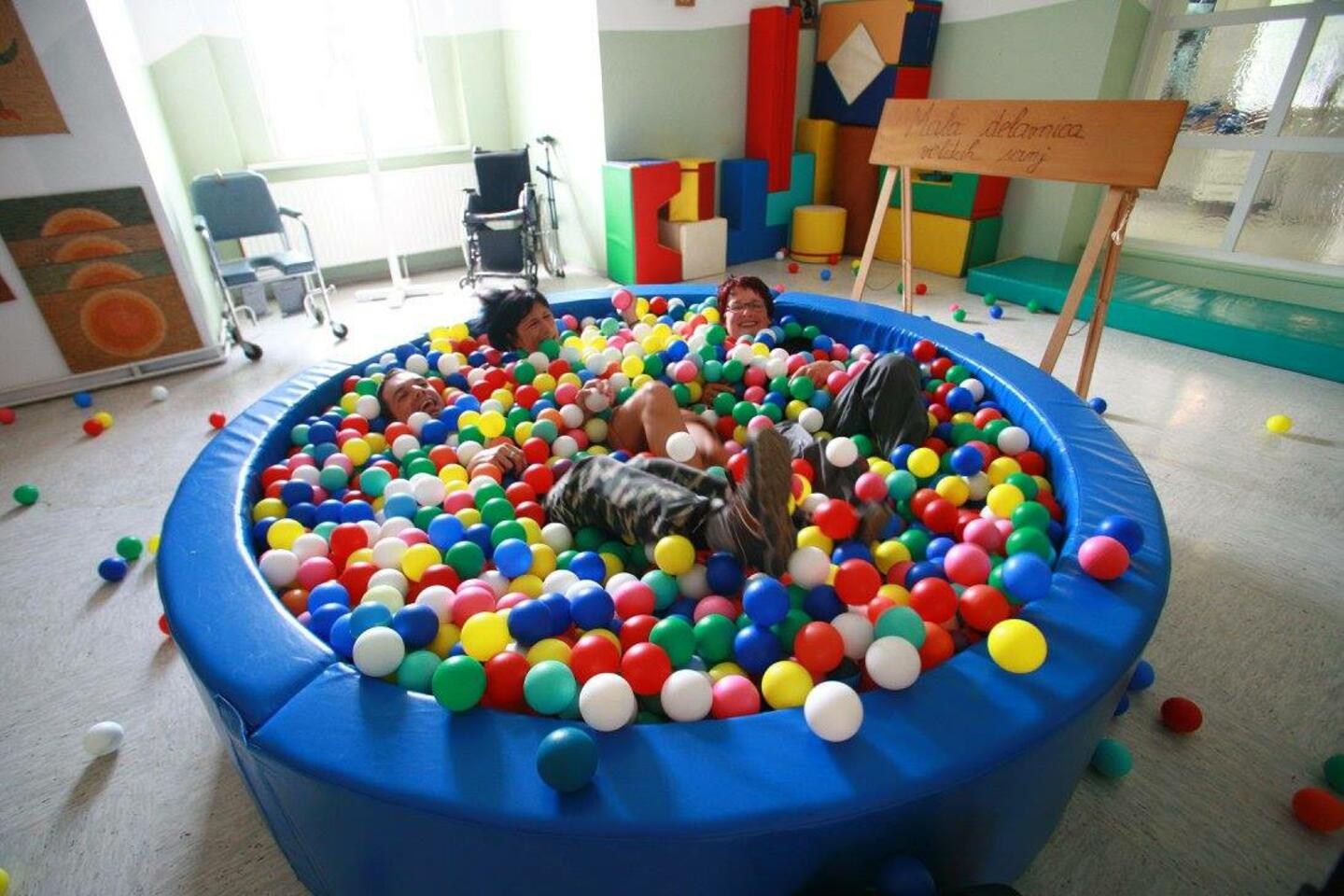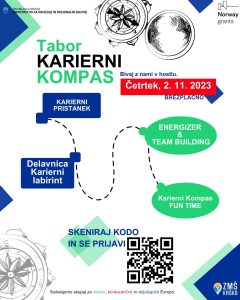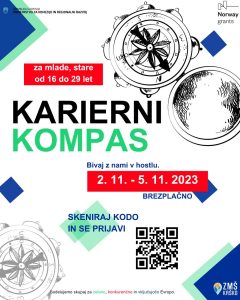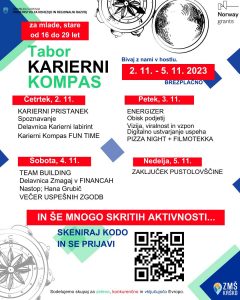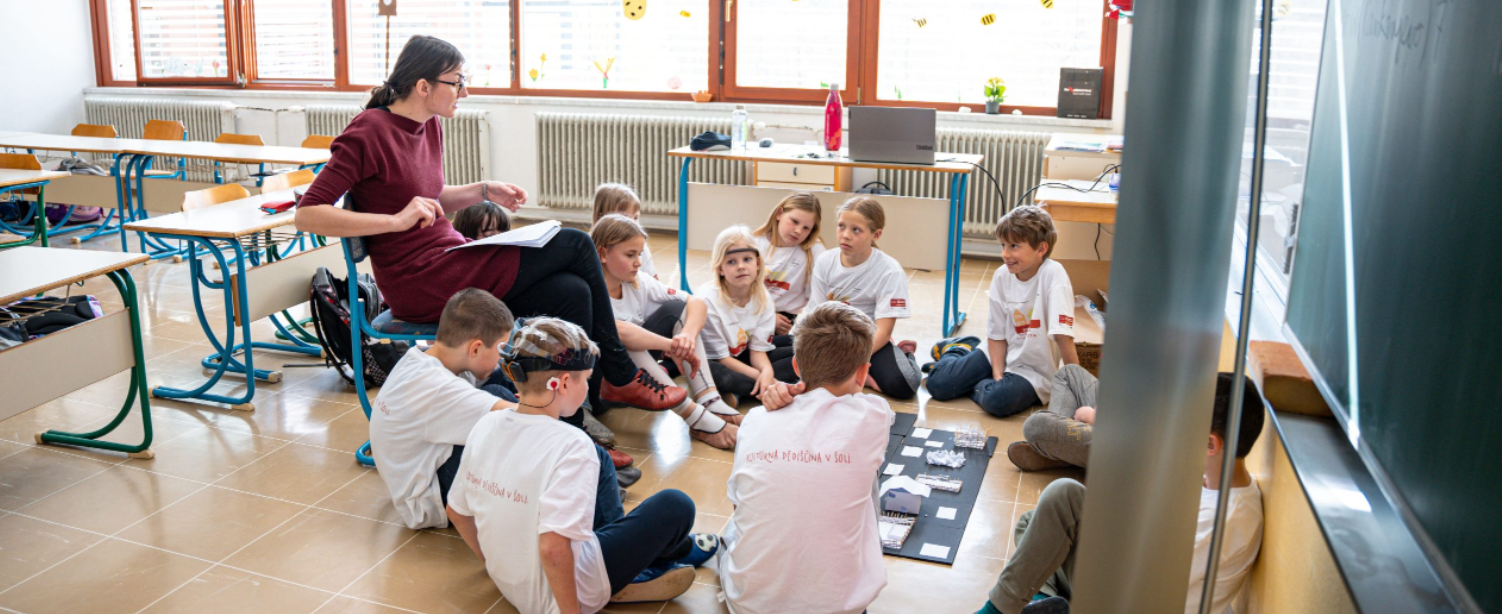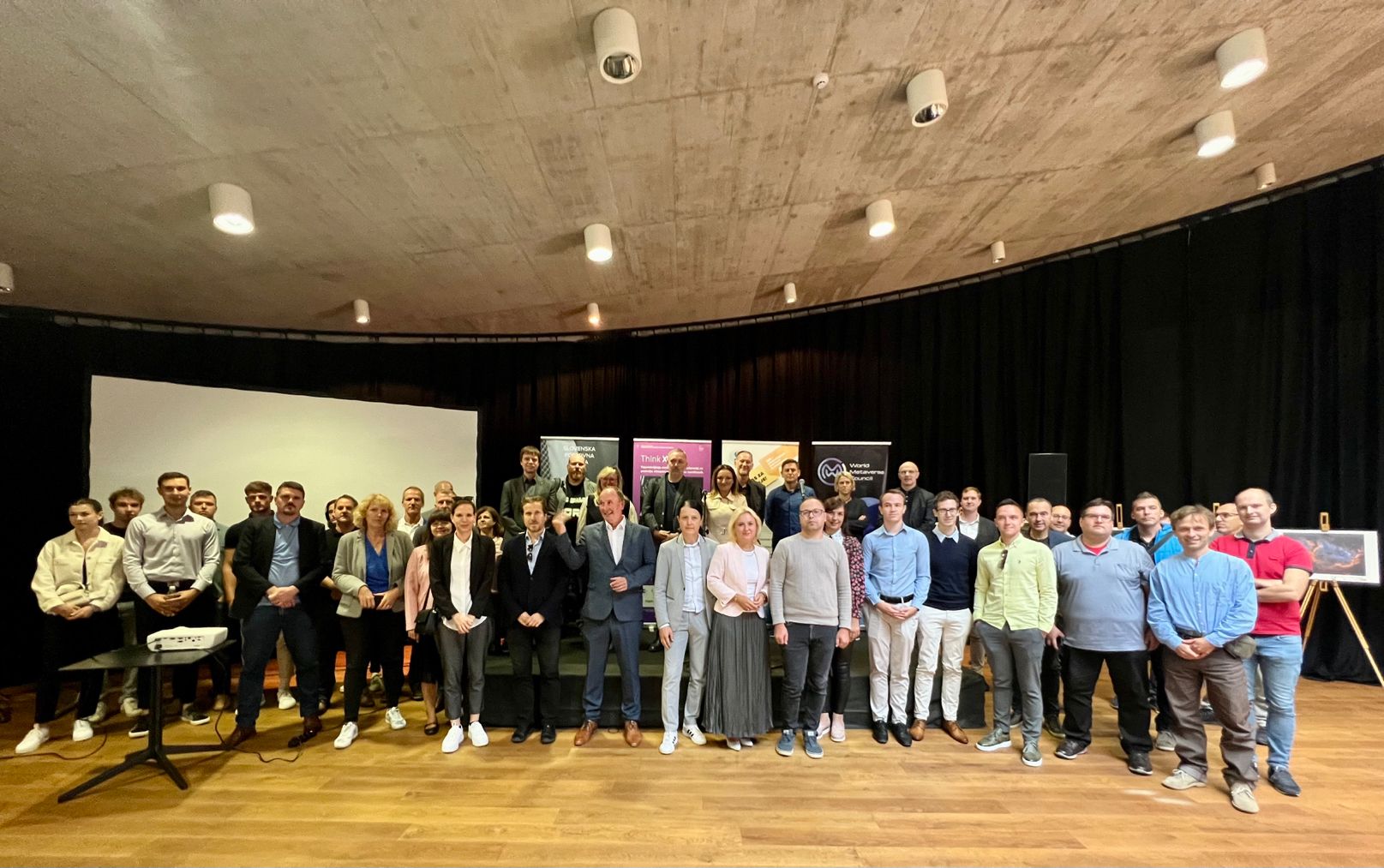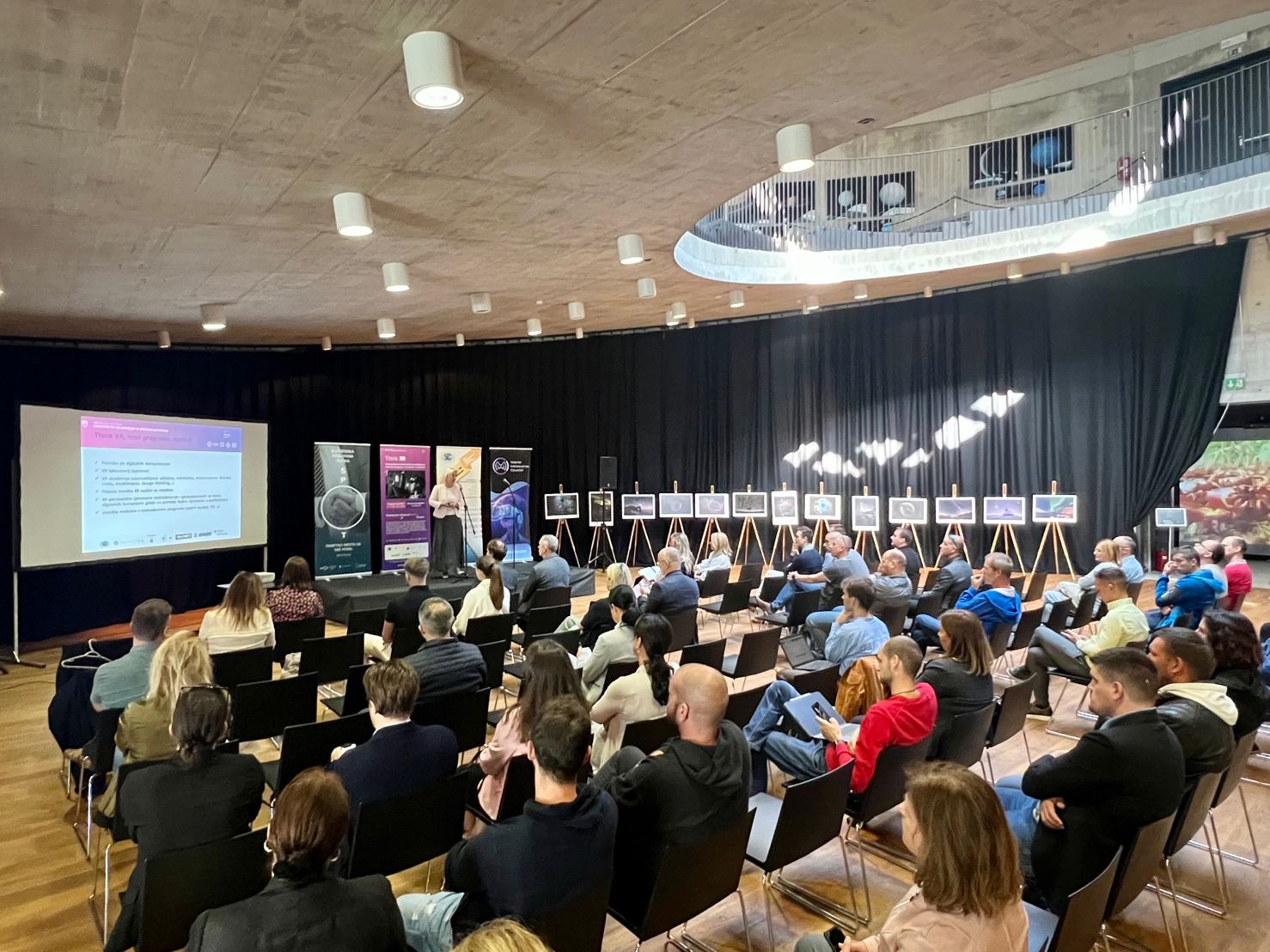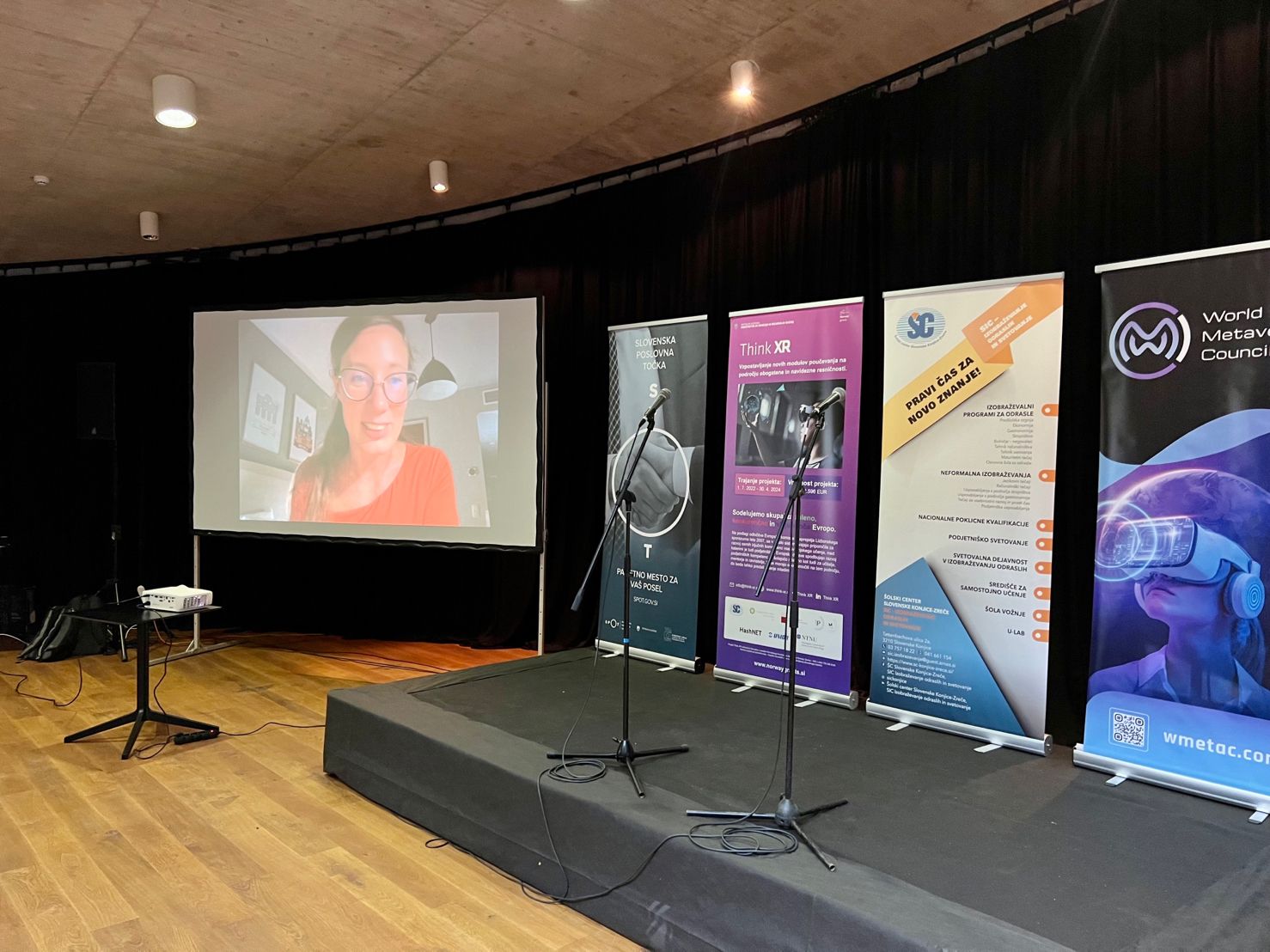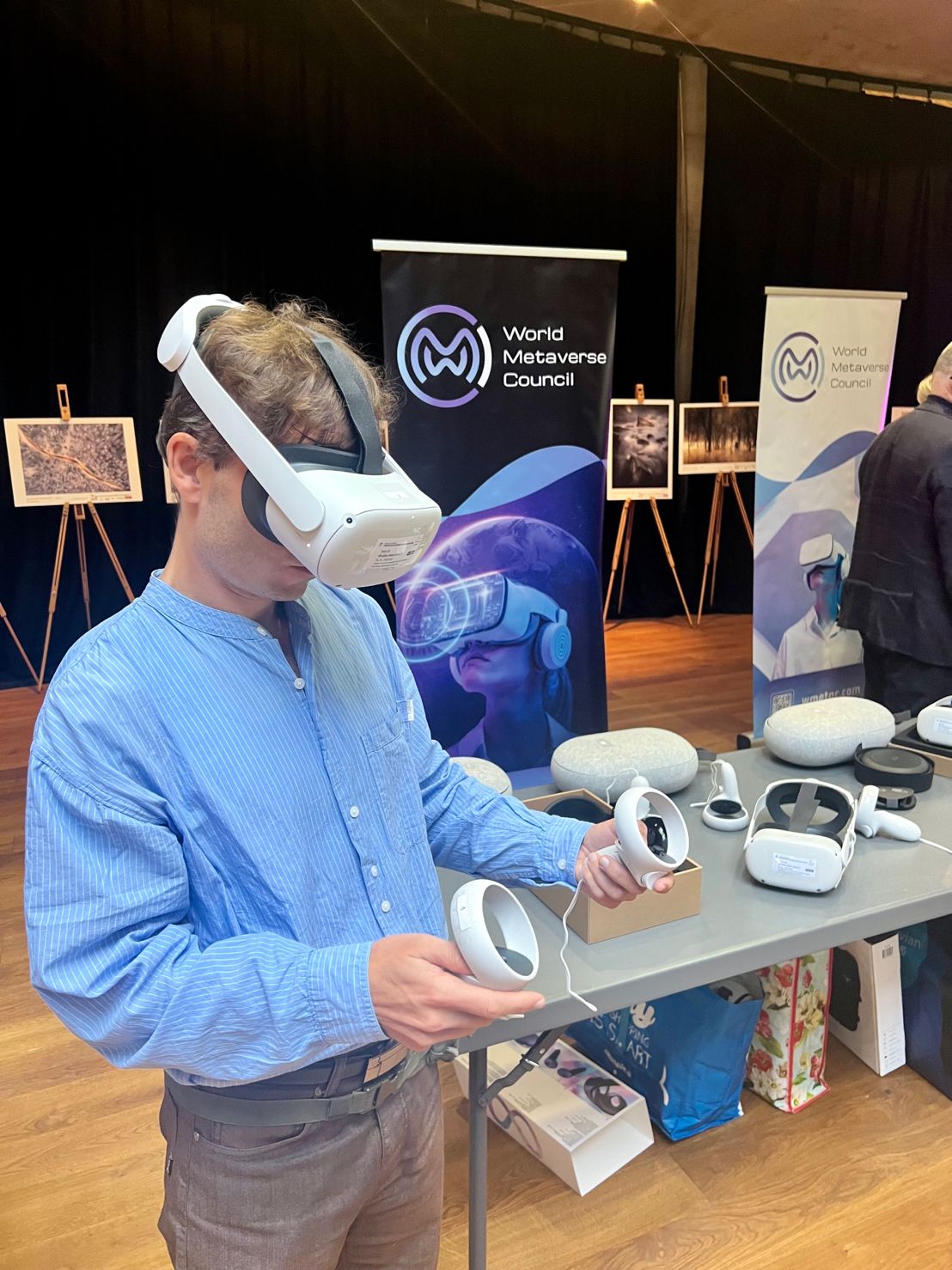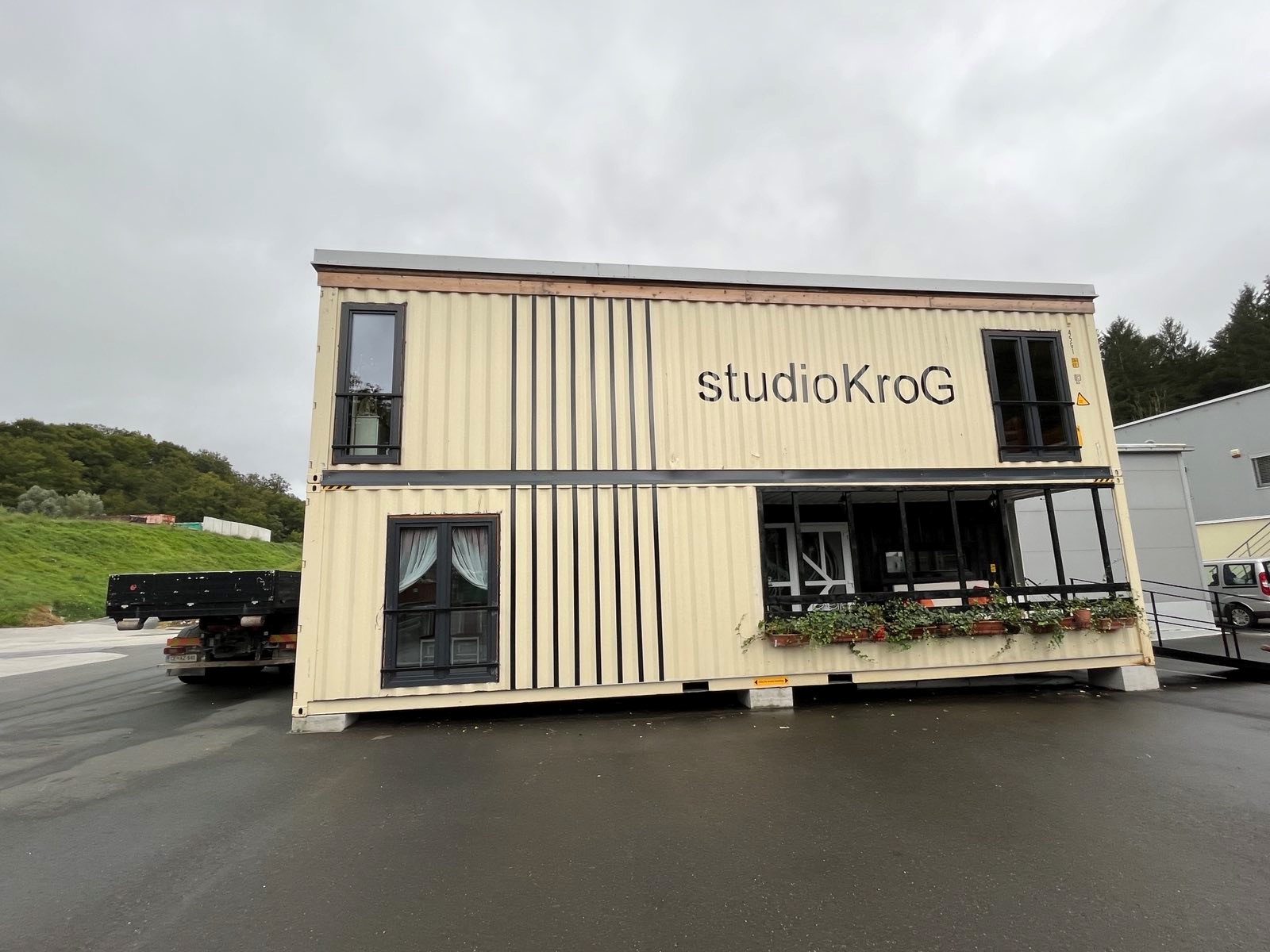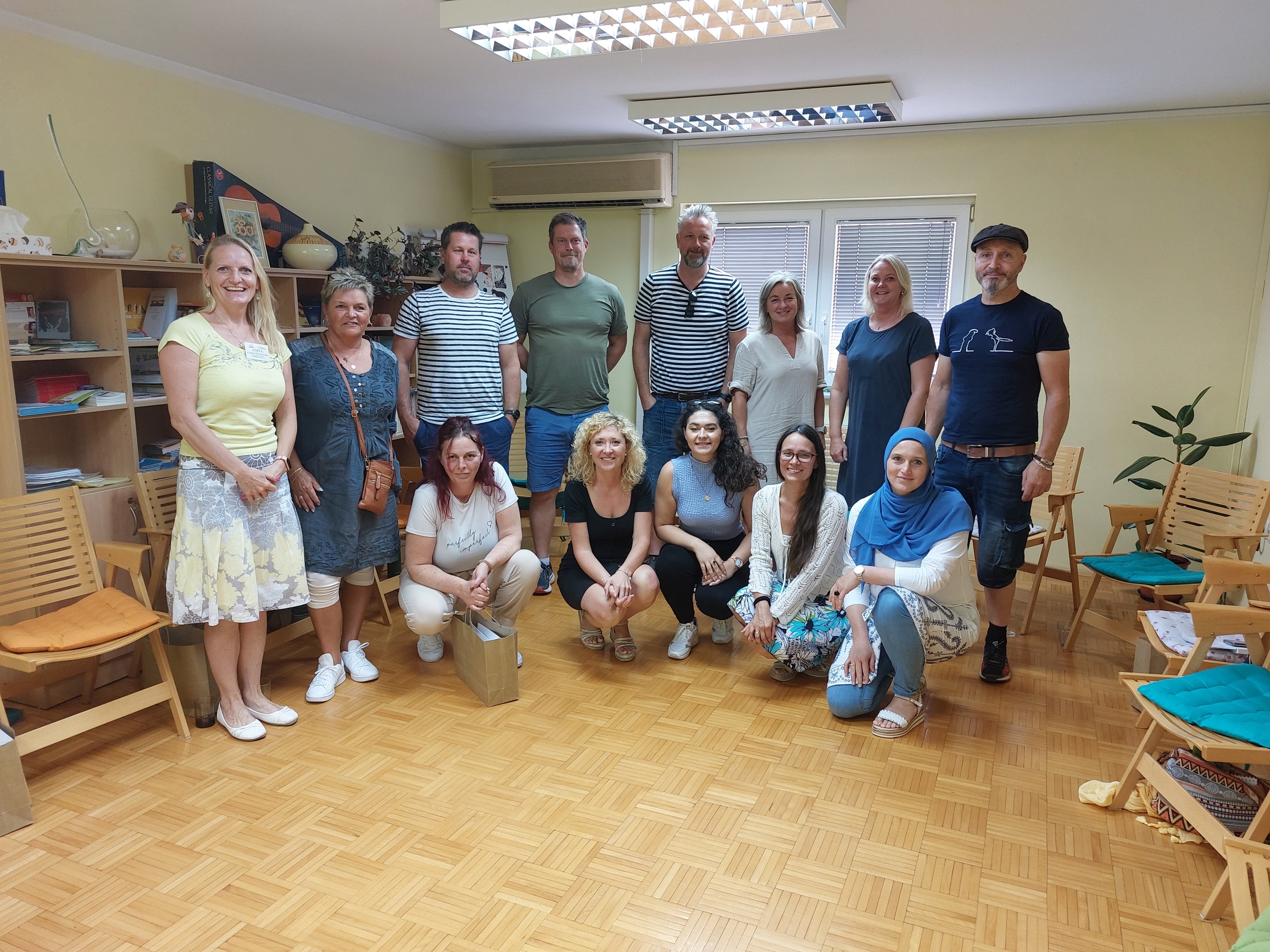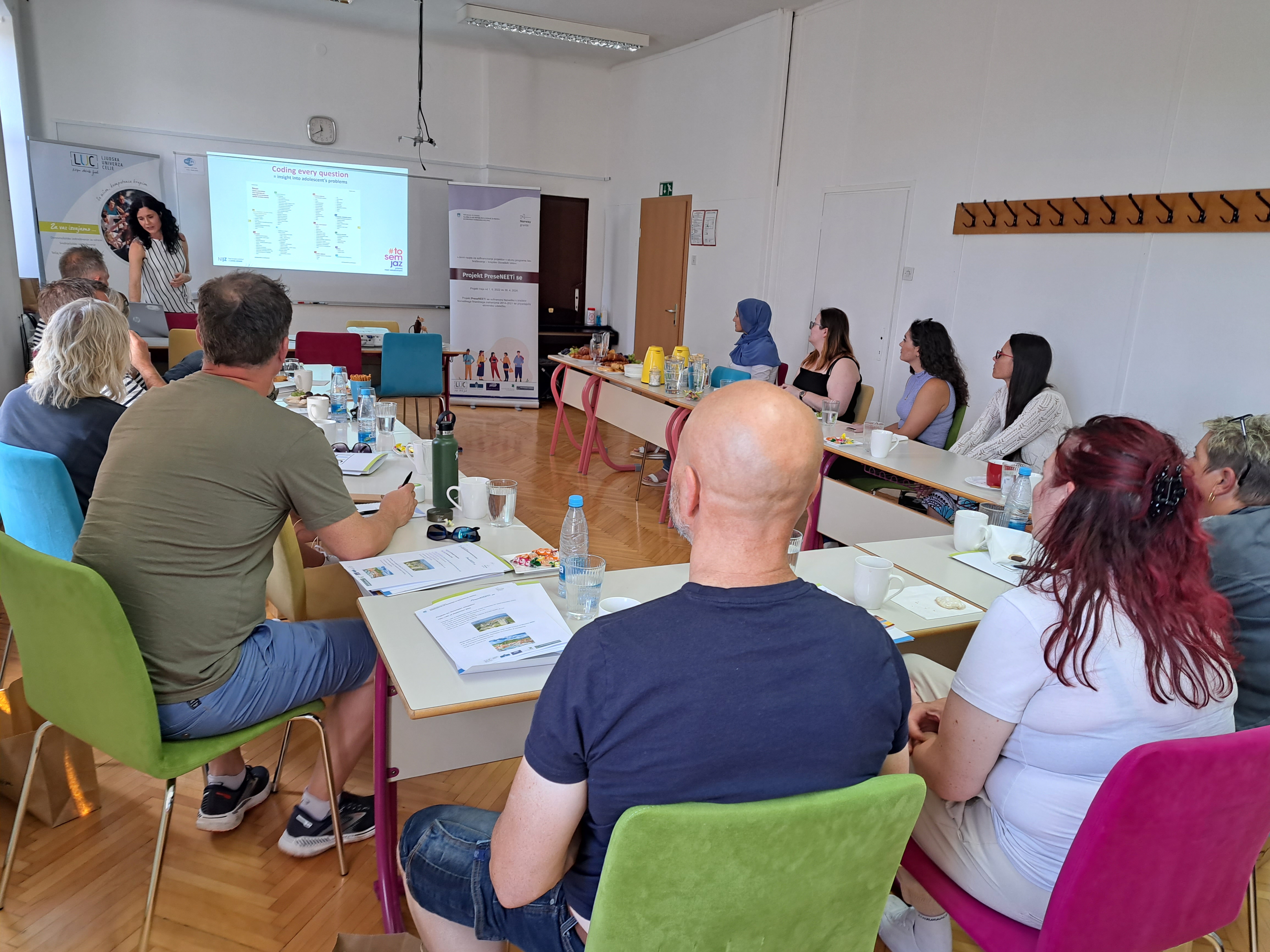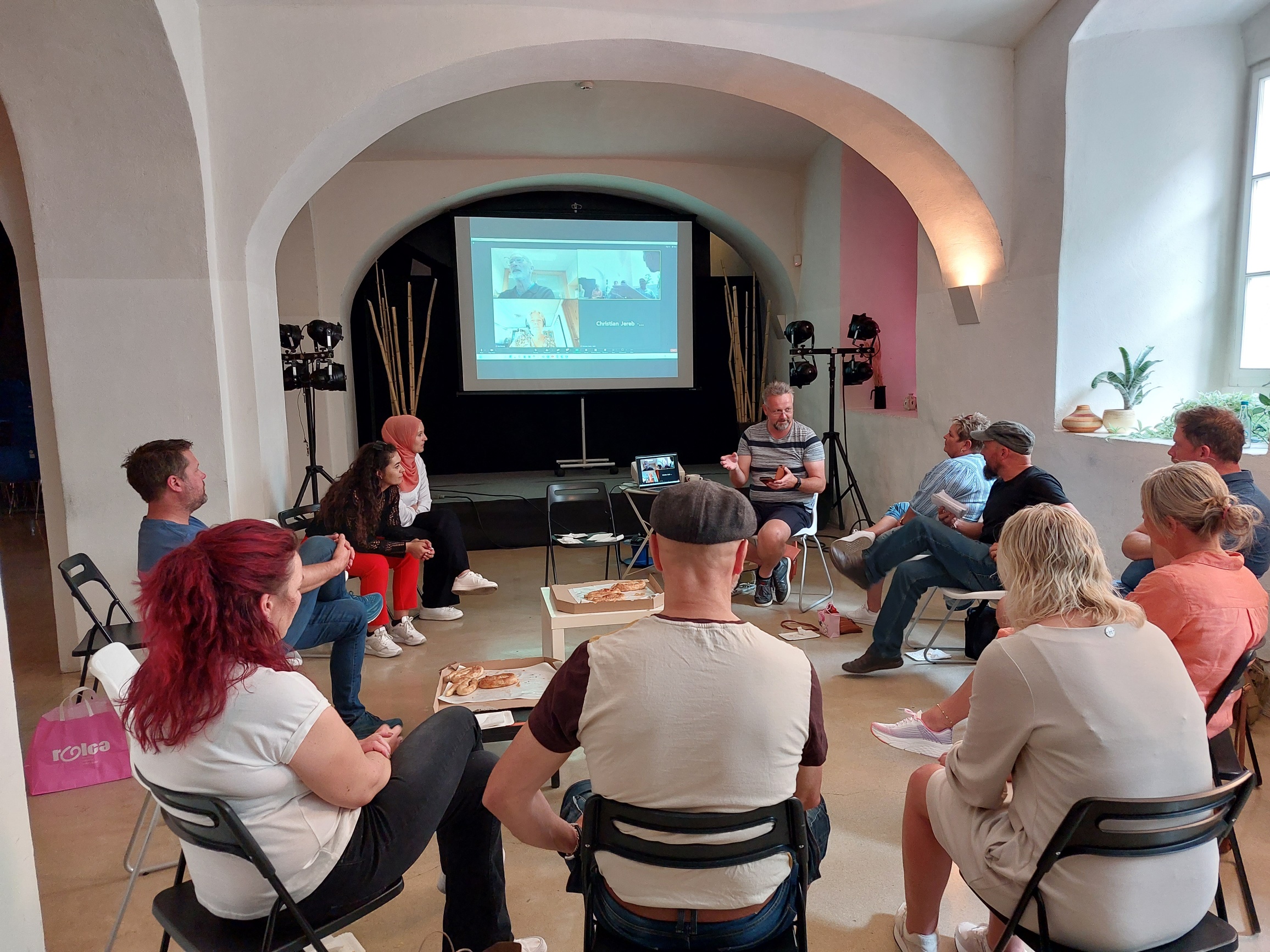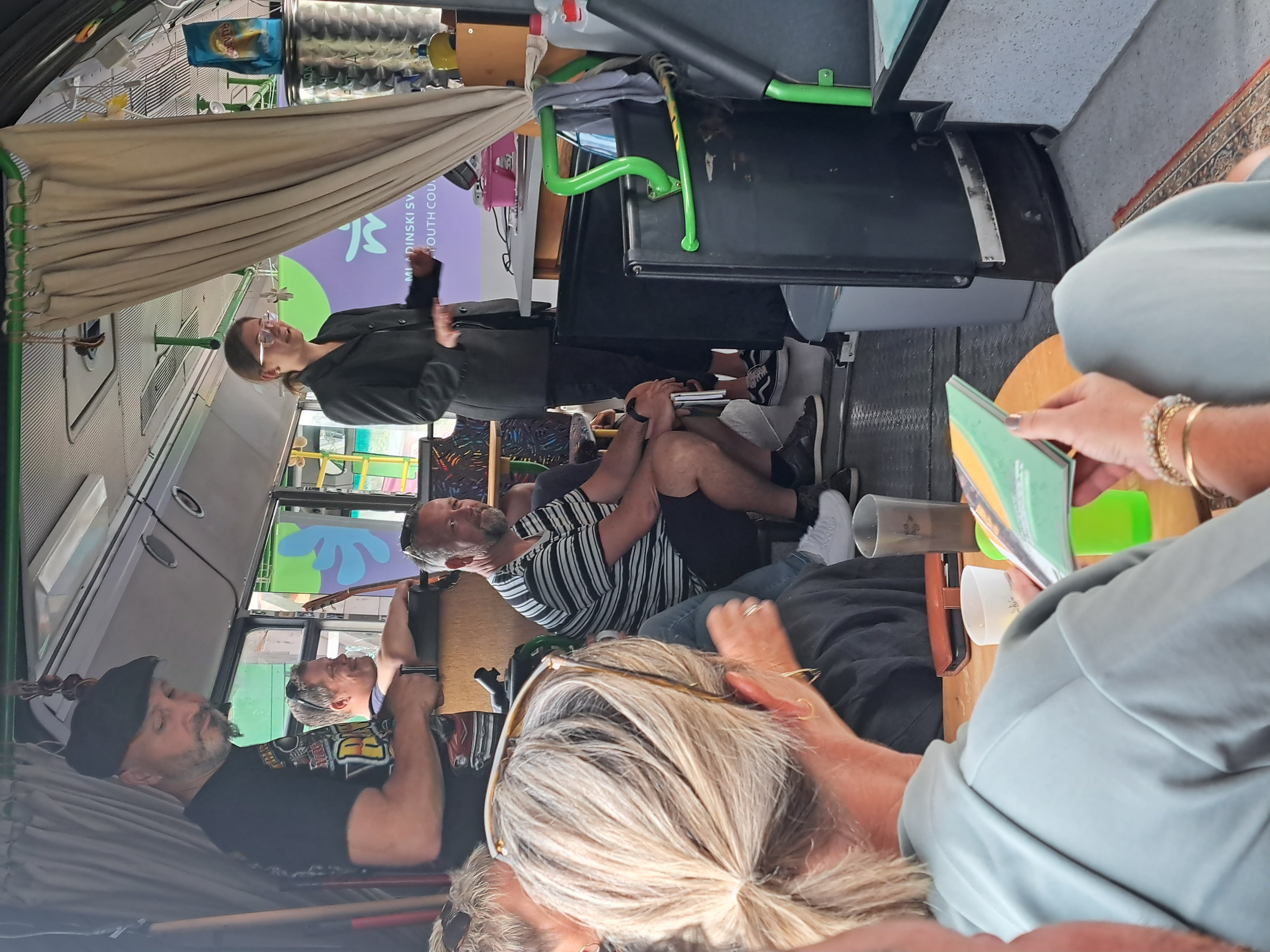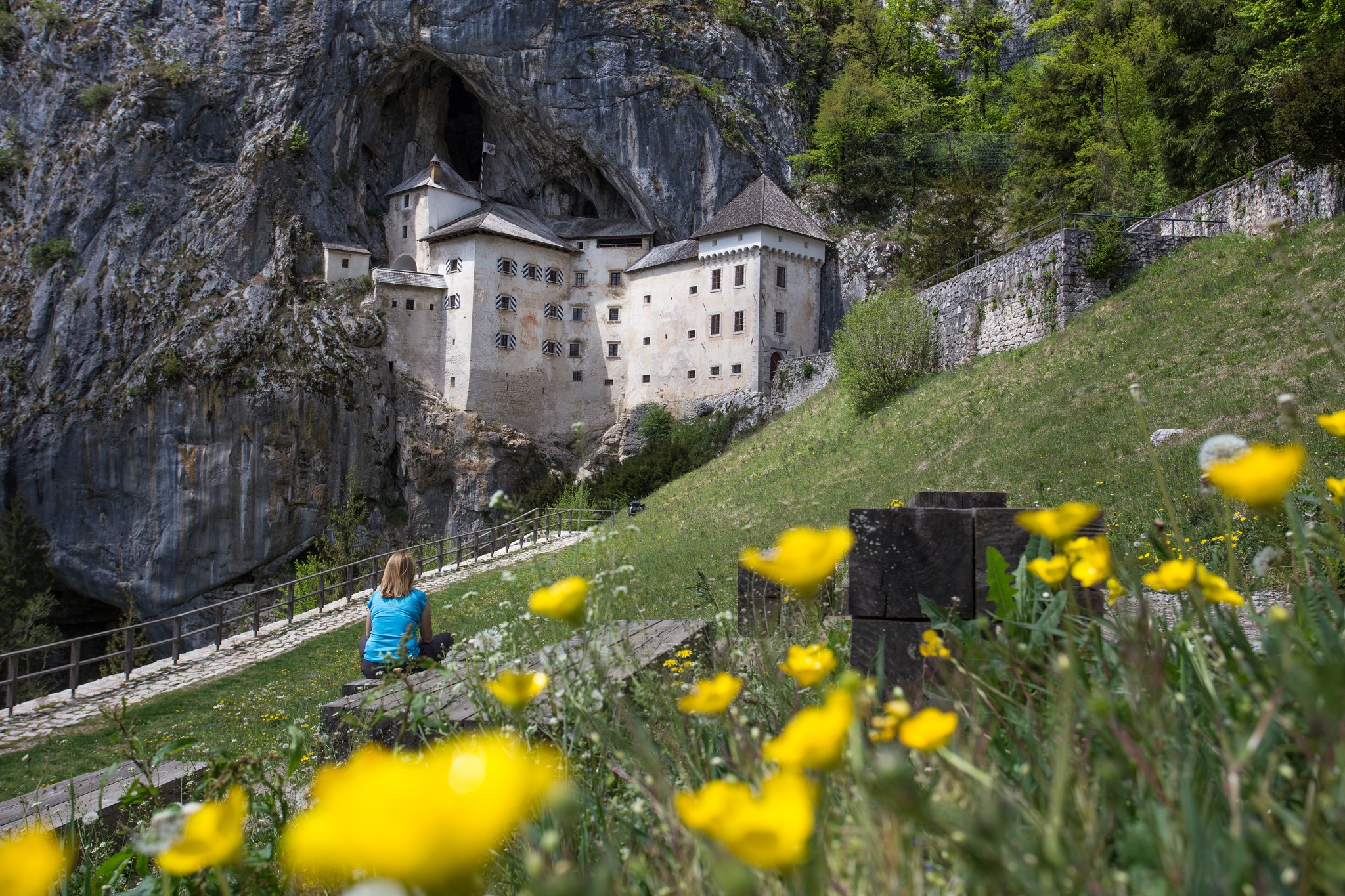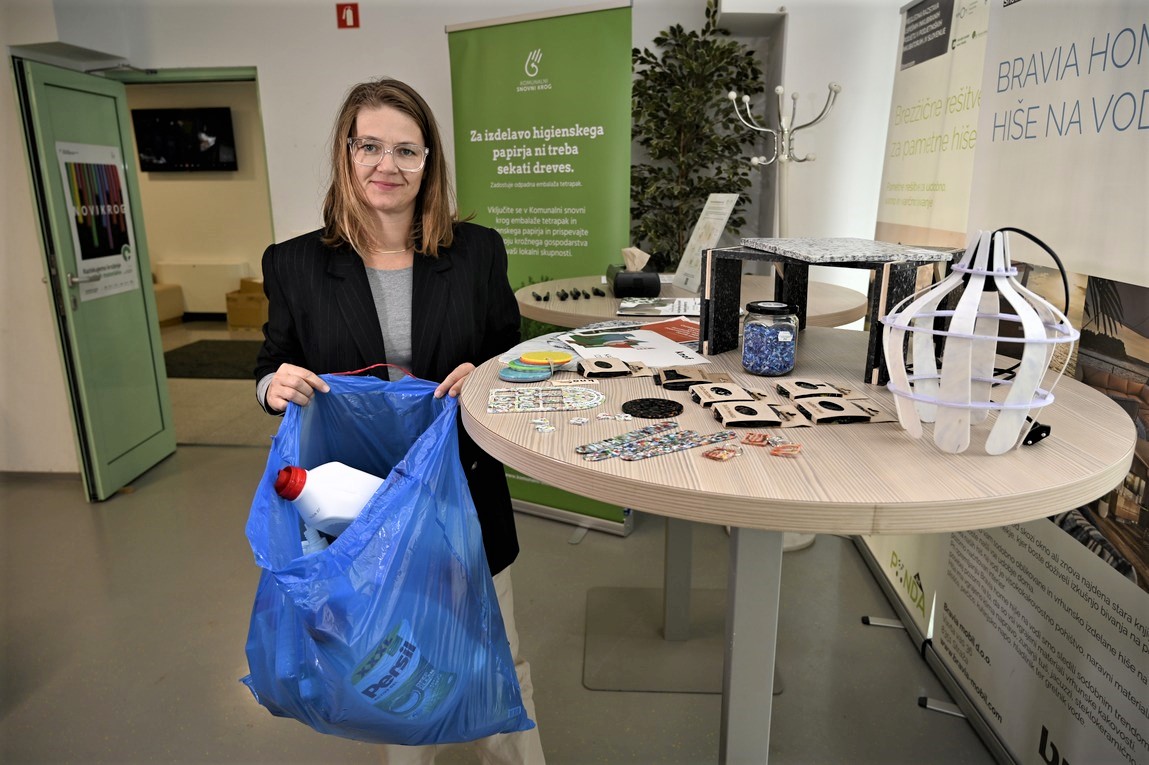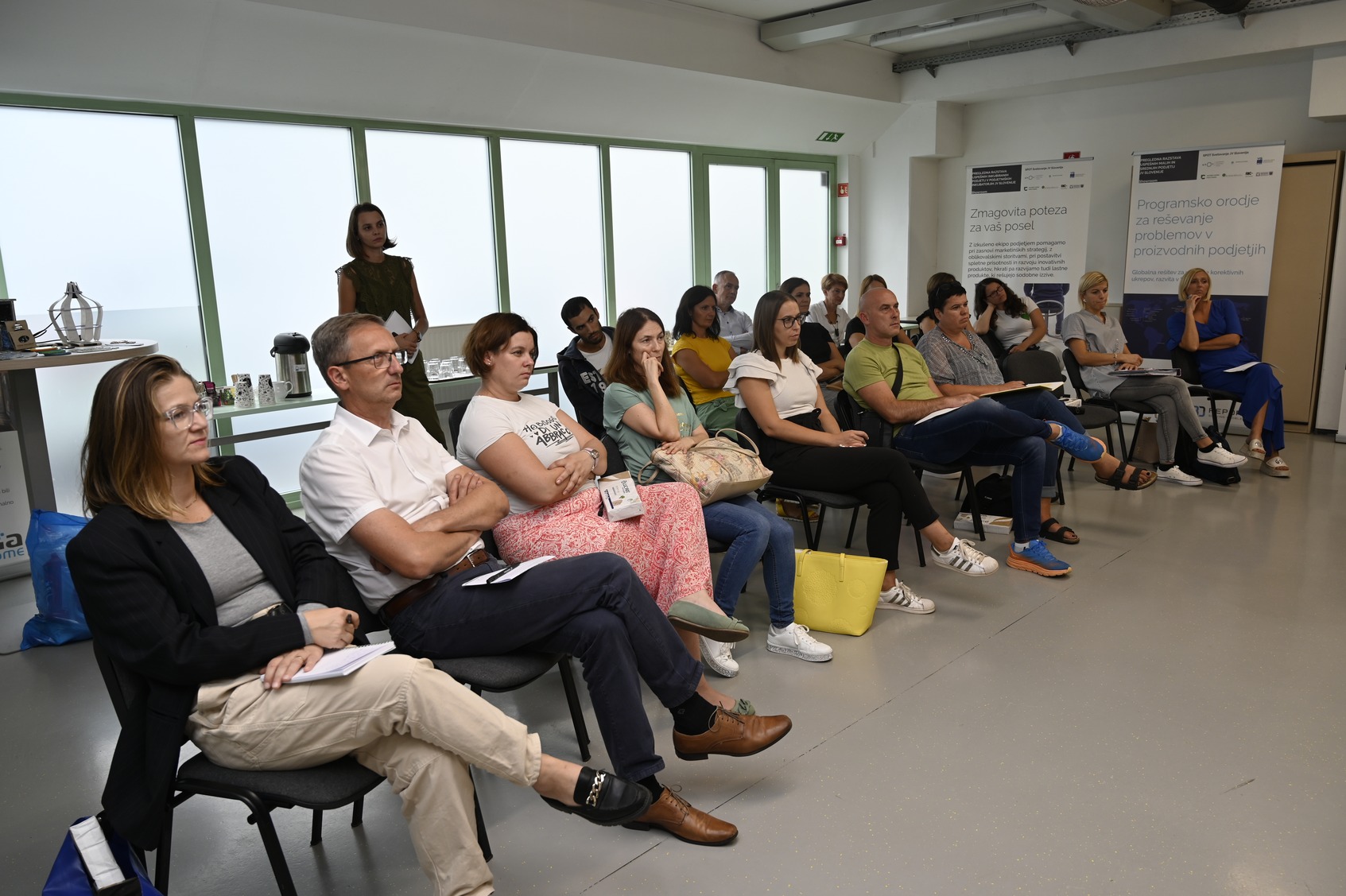10 October 2023 – In the whimsical realm of Lewis Carroll’s creation, the Cheshire Cat proclaimed, ‘we’re all mad here.’ Slovenia’s Museum of Madness stands as a testament to this, challenging societal norms and offering a fresh perspective on mental health.
Nestled on the scenic northeast border of Slovenia, near the Austrian border, stands the medieval Castle Cmurek. But this isn’t just any castle. It’s a beacon of change, a symbol of progress, and a testament to the power of community. The Castle now reborn as the Museum of Madness and backed by the EEA and Norway Grants, stands as a distinctive institution highlighting Slovenia’s journey and challenges in mental health.
Much like Alice, visitors to Slovenia’s Museum of Madness might feel a similar sentiment. Embracing the museum’s slogan -‘Everybody is a little mad here’ – it’s a place where the lines between reality and perception blur, challenging our understanding of mental health.
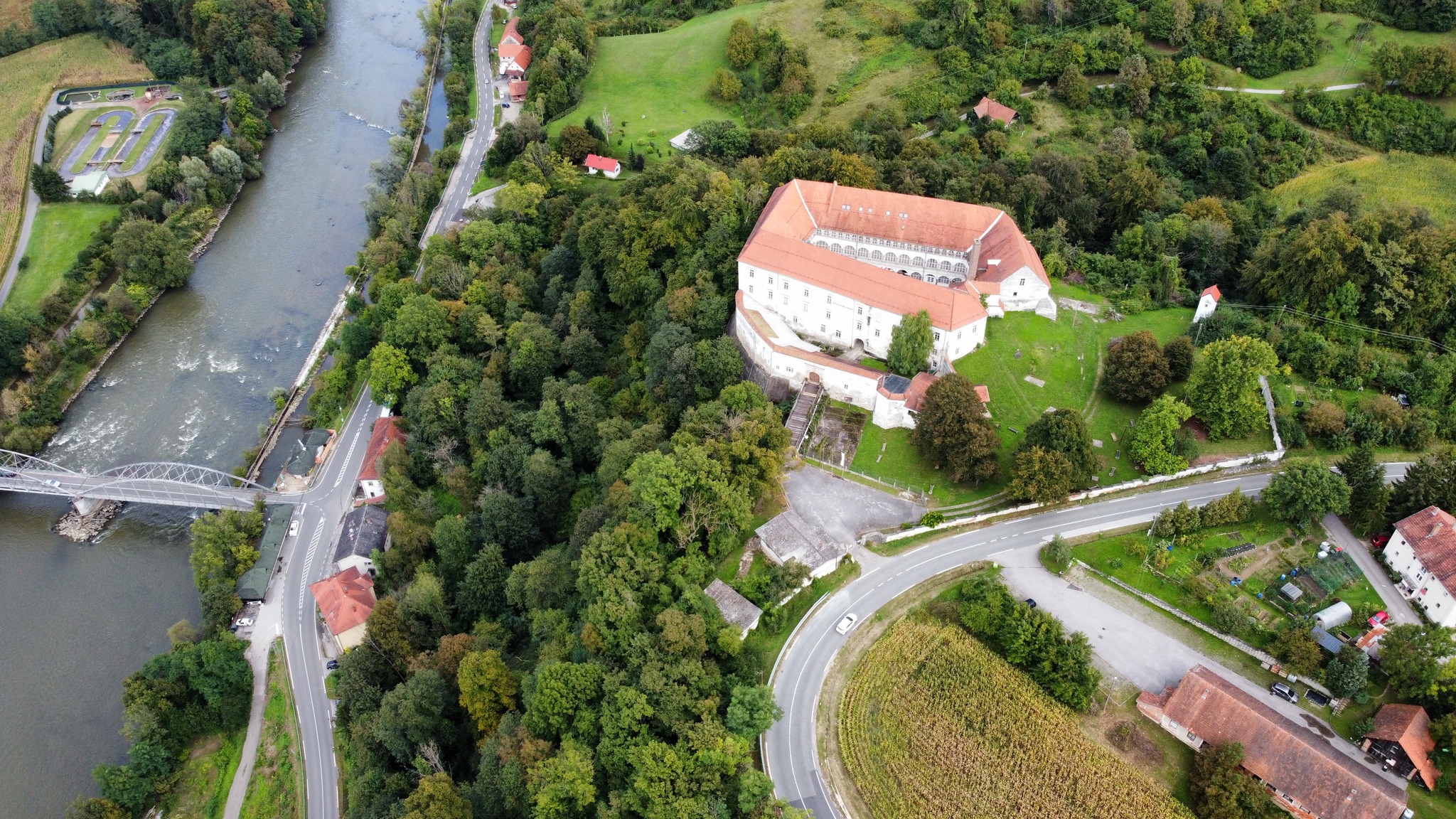
From 1949 to 2004, Castle Cmurek housed the State Asylum for the Mentally Ill. But today, it serves a different purpose. Run by passionate locals and backed by experts, the Museum of Madness aims to challenge societal perceptions of mental illness, break down taboos, and promote social inclusion. It’s not just about preserving a historical monument; it’s about revitalising it with purpose and meaning.
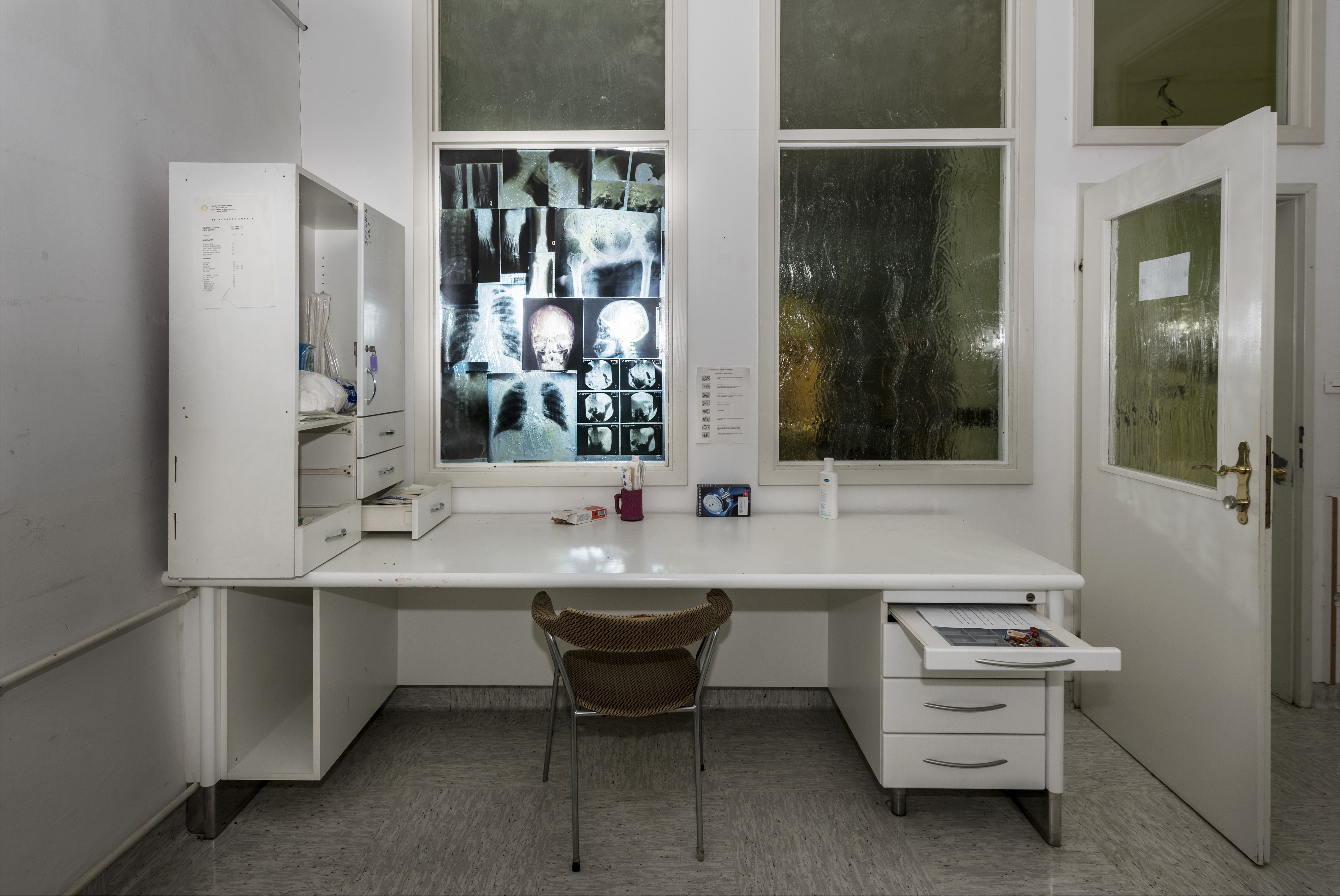
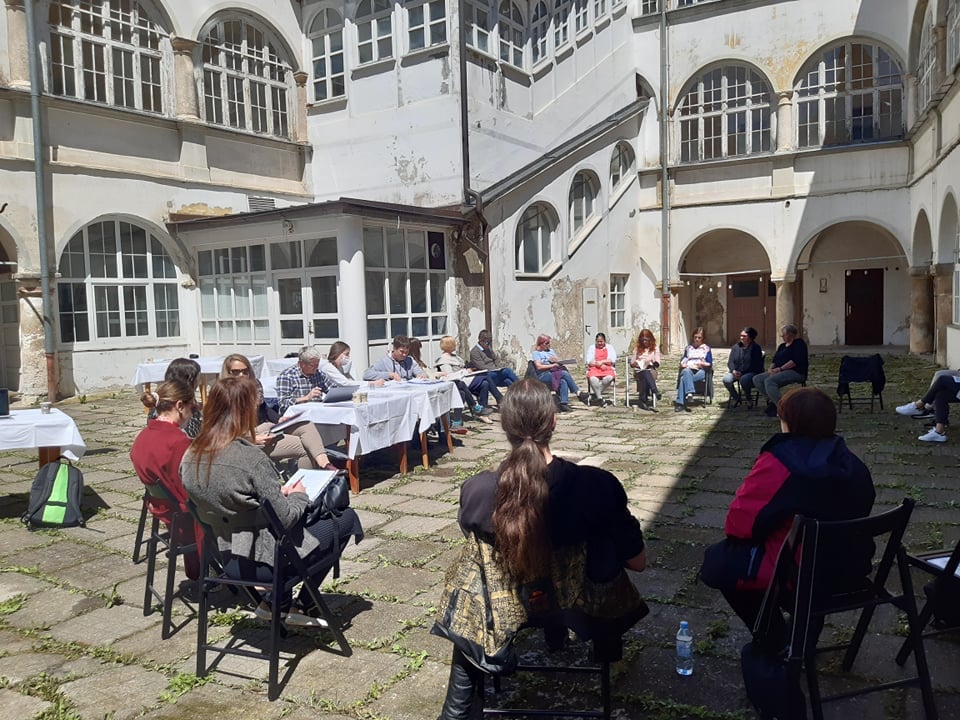
From asylum to awareness
The Museum’s mission is clear: to provide a comprehensive understanding of the concept of madness, updated for today’s world, free from taboos and detached from the shadows of institutionalisation. Collaborating with organisations both in Slovenia and internationally, the Museum is a hub for education, cultural heritage, and social awareness.
Founded by a passionate group of individuals, the museum has evolved from an empty medieval castle to a bustling hub of activity and education. For seven years, the team worked voluntarily, pouring their heart and soul into transforming the space, bringing life back to the monument and, more importantly, sparking societal change.
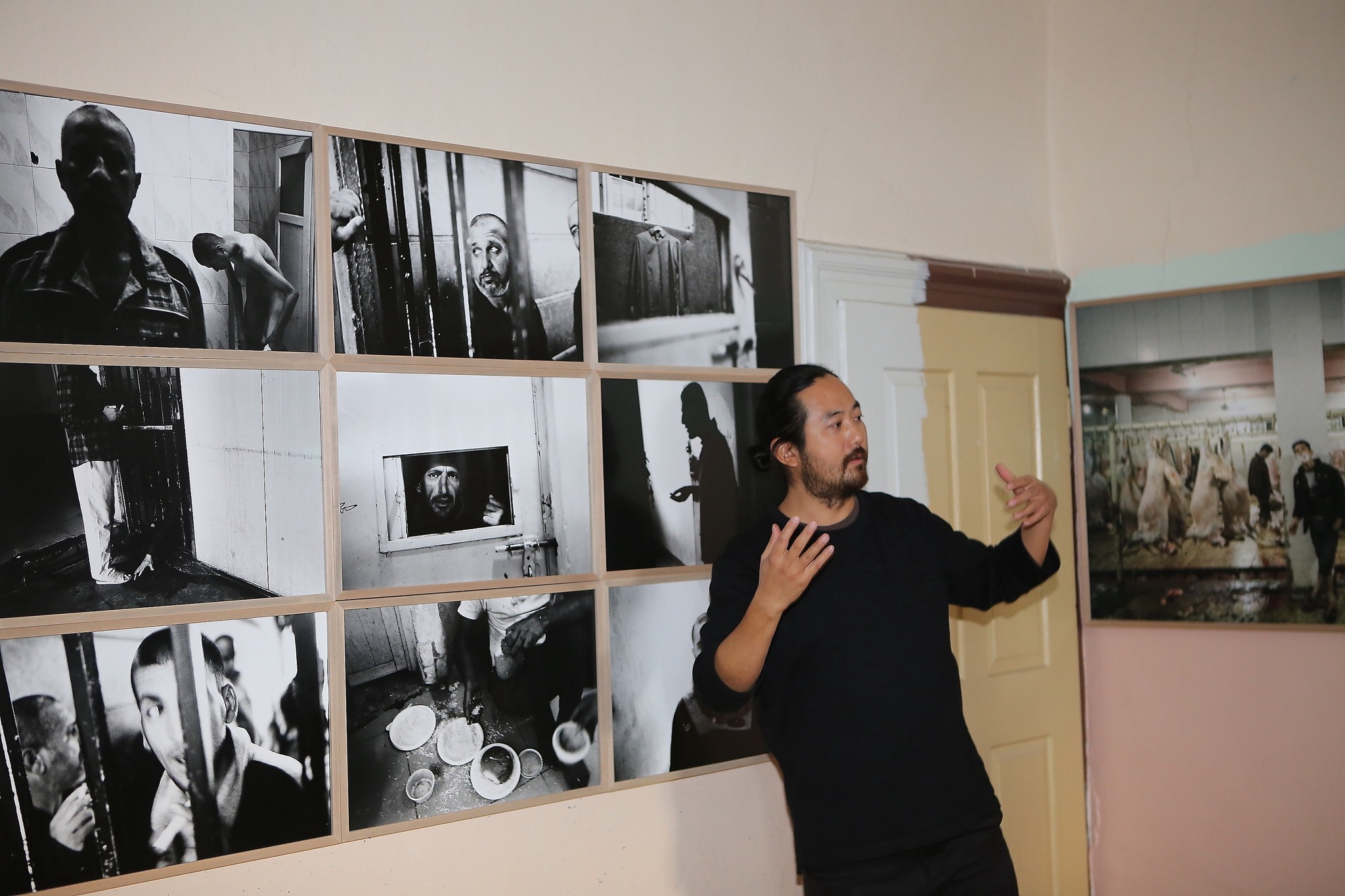
But the journey hasn’t been easy. As one of the founders recalls from a video on Facebook, “We started working here in 2013. It was an empty medieval castle. Young people were leaving, and only the elderly remained. We decided to build the Museum of Madness, related to the building’s recent history as an asylum.”
The Museum of Madness, in its mission to shed light on mental health and challenge societal taboos, has been supported by the Active Citizens Fund. Through the ‘From Institutions to People’ initiative, the Active Citizens Fund has helped the museum develop educational tools that underscore the importance of Article 19 of the UN’s Convention on the Rights of Persons with Disabilities. This article emphasises the right of individuals to live independently within the community. Building on this, the ‘From Institutions to People 2’ phase seeks to broaden its impact, targeting students, educators, and professionals. The overarching aim is to cultivate a deeper understanding of long-term care institutions and to raise awareness about the rights of individuals, ensuring they are not confined behind institutional walls.
The Active Citizens Fund overarching goals are to bolster civil society, promote active citizenship, and empower vulnerable groups. By backing initiatives like the Museum of Madness, the Active Citizens Fund emphasises the importance of collaborative efforts in driving meaningful change in communities across Europe. Read more about the Active Citizens Fund in Slovenia here.
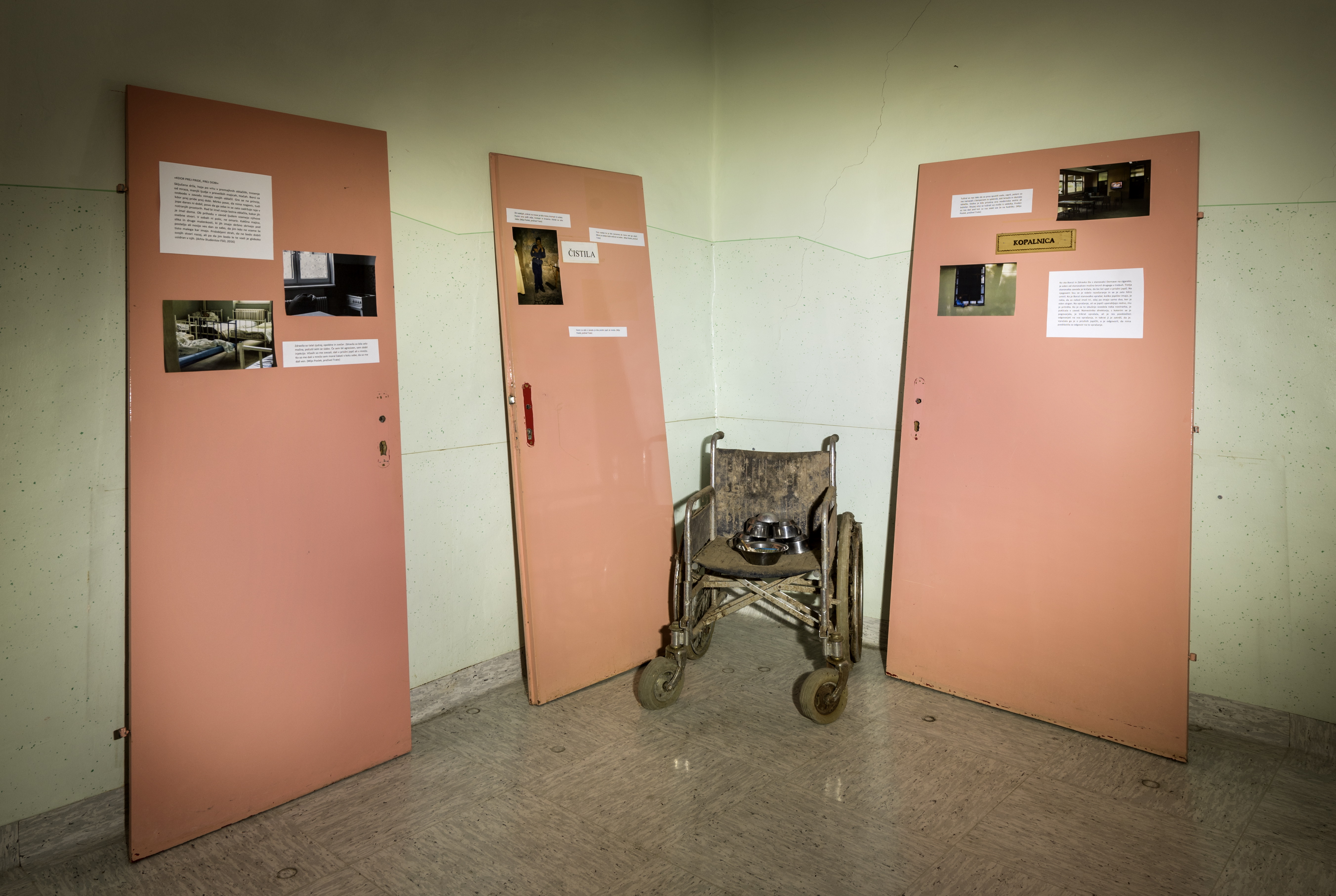
Where mental health takes centre stage
The Museum not only educates about the past but also highlights the present challenges faced by individuals with disabilities. It emphasizes the importance of community integration, where services are tailored to individuals, not the other way around.
The Museum’s vision is grand: to become a holistic cultural, professional, social, and tourist centre. It aims to rejuvenate the cultural and natural heritage of Castle Cmurek’s surroundings, harness the potential of the local community, and integrate its efforts into the broader region, transcending national borders. All while upholding sustainable development and environmental care.
The history of Castle Cmurek dates back to the 12th century. It has seen rulers, wars, and changes. But its most significant transformation has been its recent one – from an institution of confinement to a place of enlightenment.
Are you inspired by the Museum of Madness’s story? Want to learn more about the EEA and Norway Grants or even apply for funding? Together, we can reshape narratives and build a more inclusive future. Read #OurStories here: https://eeagrants.org/ourstories
